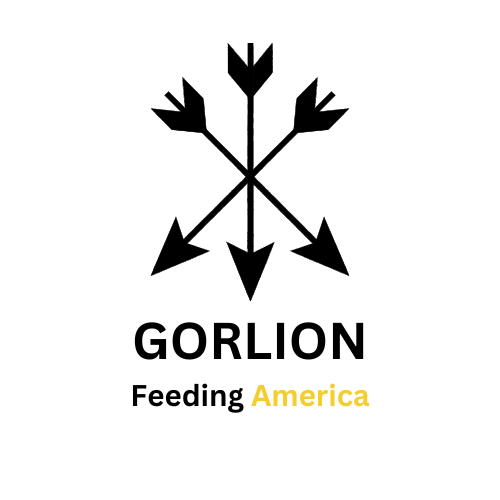Soy is one of the most widely consumed foods in the world, especially in Asian countries where it has been a staple for centuries. Soy is also a popular choice for vegetarians, vegans, and health-conscious consumers who appreciate its high protein content, low fat, and rich array of nutrients. However, soy has also been the subject of controversy and confusion, especially when it comes to its effects on men’s health. Is soy a friend or a foe for men?
The main source of debate is the presence of phytoestrogens in soy, which are plant compounds that can mimic or interfere with the human hormone estrogen. Estrogen is typically associated with female characteristics and functions, such as breast development, menstruation, and fertility. However, estrogen also plays a role in men’s health, such as maintaining bone density, mood, and libido. Too much or too little estrogen can have negative consequences for both sexes.
Some people fear that consuming soy can lower testosterone levels, the male hormone responsible for muscle mass, strength, sperm production, and sex drive. They also worry that soy can increase estrogen levels, leading to feminizing effects such as gynecomastia (enlarged breasts), erectile dysfunction, infertility, and prostate cancer. These fears are often fueled by anecdotal reports, sensationalized media stories, and animal studies that do not reflect human physiology or realistic soy intake.
However, the scientific evidence does not support these claims. Numerous studies have shown that soy consumption does not affect testosterone or estrogen levels in men, nor does it impair sexual function, reproductive health, or prostate health. For example, a meta-analysis of 15 randomized controlled trials involving 577 men found no significant effect of soy protein or isoflavone intake on serum testosterone, free testosterone, sex hormone-binding globulin, or estradiol. Another meta-analysis of 30 observational studies involving 6,355 men found no association between soy intake and prostate cancer risk. In fact, some studies suggest that soy may have beneficial effects on men’s health, such as reducing the risk of cardiovascular disease, diabetes, obesity, and some cancers. For instance, a prospective cohort study of 43,509 Japanese men found that higher intake of soy foods was associated with lower mortality from cardiovascular disease and total cancer.
Of course, this does not mean that soy is a miracle food that can cure all ills. Soy is not a substitute for a balanced diet, regular exercise, and proper medical care. Soy may also interact with some medications or supplements or cause allergic reactions or digestive issues in some individuals. Therefore, moderation and consultation with a health care provider are advisable for anyone who wants to include soy in their diet.
How much soy is too much or too little for men? There is no definitive answer to this question, as the effects of soy may vary depending on the individual’s genetic makeup, gut microbiome, dietary intake, and lifestyle factors. However, some general guidelines can be followed based on the existing research and recommendations. According to the American Institute for Cancer Research, men can safely consume up to two to three servings of soy foods per day, which is equivalent to about 25 grams of soy protein or 100 milligrams of isoflavones. This amount is similar to the average intake of soy foods in Asian countries, where soy consumption has been linked to lower rates of chronic diseases and mortality. On the other hand, consuming more than this amount may not provide additional benefits and may even pose some risks, such as interfering with thyroid function or mineral absorption. Therefore, men should avoid excessive intake of soy foods, supplements, or concentrates, and opt for whole or minimally processed soy products, such as soybeans, tofu, tempeh, miso, and soy milk.
Soy is not bad for men, nor is it good for men. Soy is just a food, like any other, that can have positive or negative effects depending on the quantity, quality, and context of consumption. Men who enjoy soy can do so without fear of harming their health or masculinity, as long as they follow a sensible and varied diet. Soy is not a threat or a panacea for men’s health, but a potential ally in achieving optimal wellness.
In conclusion, it’s essential to recognize that soy is simply one component of a balanced diet, neither inherently harmful nor magically beneficial to men’s health. As we navigate the nuanced landscape of nutrition, it’s crucial to consider the quantity, quality, and context of soy consumption. At Gorlion, we champion the use of organic soybeans, ensuring that our customers have access to high-quality ingredients that support their overall wellness goals. While soy may not be a cure-all, it holds the potential to complement a diverse and sensible diet, offering a range of nutritional benefits. As individuals embrace the complexity of dietary choices, we remain committed to providing premium organic soybeans as a cornerstone of wholesome nutrition and well-being.

